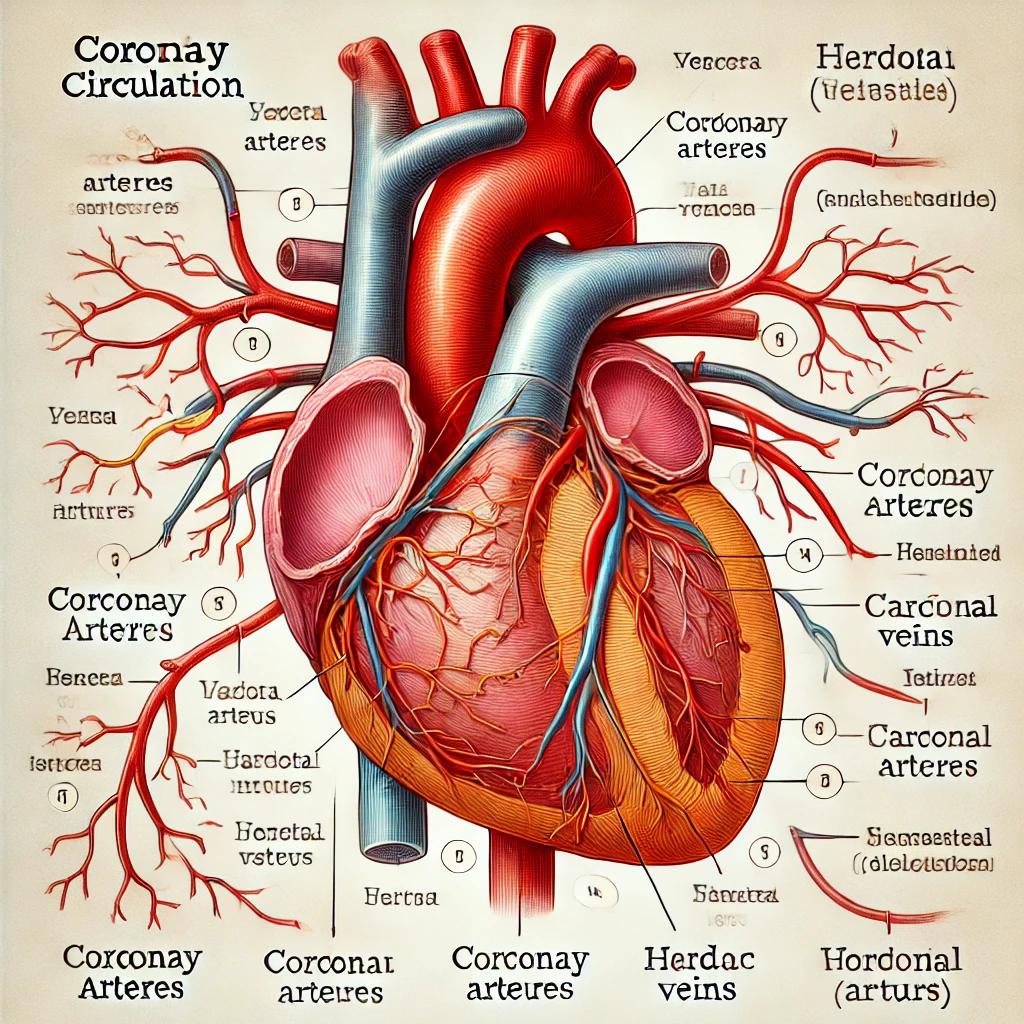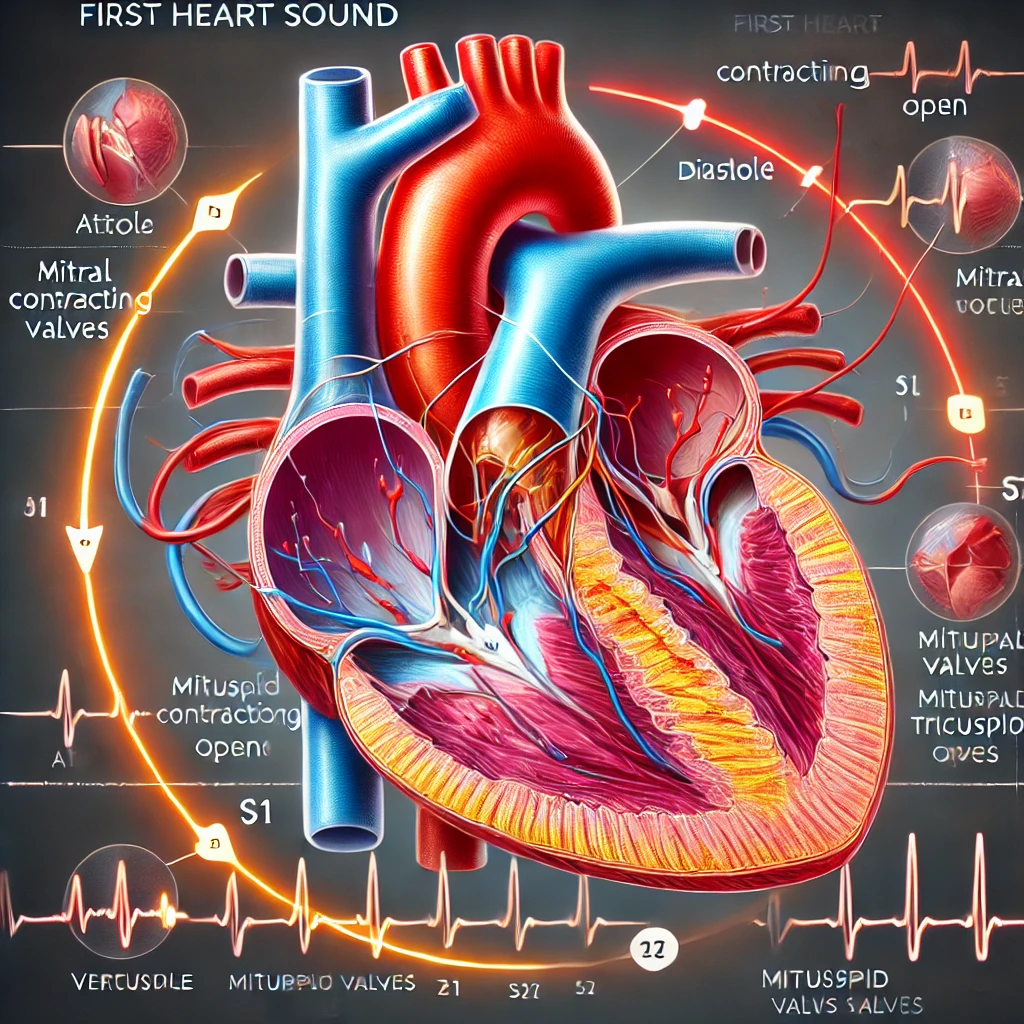Researchers have unveiled groundbreaking insights into “super-agers,” elderly individuals whose cognitive abilities match those of much younger people. This research, detailed in the Journal of Neuroscience, studied 119 octogenarians in Spain. They divided these individuals into 64 super-agers and 55 typical older adults. The participants underwent a variety of assessments, including memory, motor, and verbal tests. Researchers also performed detailed brain scans and blood analyses and collected extensive lifestyle data through questionnaires.

Key Findings on Cognitive Resilience
The study revealed that super-agers have significantly less brain atrophy and maintain greater volume in crucial memory-related brain areas compared to their peers. They also showed enhanced connectivity in the frontal brain regions, which are essential for cognitive functions.
Dr. Bryan Strange from the Polytechnic University of Madrid led the study. He noted the resilience of super-agers to age-related cognitive decline, despite displaying similar levels of Alzheimer’s disease markers as the control group. His findings suggest a remarkable resistance to typical cognitive deterioration.
Insights from Complementary Studies
Supporting these findings, researchers at Northwestern University found that the brains of super-agers deteriorated much less over time. They resembled the brains of individuals in their 50s and 60s, rather than those of other octogenarians. Dr. Emily Rogalski, a professor of neurology at the University of Chicago, remarked on the visible energy and motivation among super-agers. She highlighted their superior physical and mental health compared to the general elderly population.
Super-agers not only excelled in physical health and mental well-being, but they also maintained robust social connections. This underscores the importance of active social engagement. Despite lifestyle variations such as diet and exercise, the exact factors contributing to their exceptional aging remain unclear. Researchers suggest a blend of genetic predispositions and lifestyle choices.
Tessa Harrison, an assistant researcher from UC Berkeley, speculated that genetic or molecular mechanisms might explain the extraordinary resilience observed in super-agers. This points to a complex interplay of factors that researchers are yet to fully understand.
Moving Forward in Aging Research
These studies mark a significant step towards understanding the mechanisms behind successful aging. They could lead to new strategies that benefit the broader aging population. Continued research promises to reveal more about the factors that enable such remarkable cognitive preservation in superagers. For further information, refer to the original articles in the Journal of Neuroscience and additional insights provided by the New York Times.




